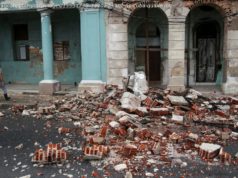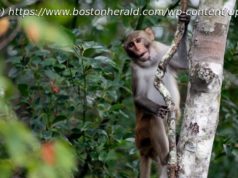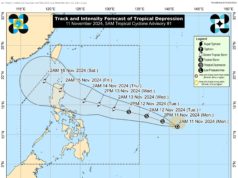“How can you be celebrating and fearful at the same time?”
News of mass shootings, as frequently as they happen in the U.S., has been shown to produce acute stress and anxiety. But for many Asian Americans, this past week’s deadly attacks in California—first in Monterey Park, then in Half Moon Bay—feel profoundly different. The tragedies occurred around the Lunar New Year, during a time meant for celebration. And not only did they happen in areas that have historically been sanctuaries for Asian residents, but the suspects in both cases are themselves Asian.
These events have added fuel to what my colleague Katherine Hu described as “an invisible, pervasive dread” among many Asian Americans, including myself. For days I’ve been struggling to process—and produce fully formed thoughts about—the shootings. How should I respond, as someone of Chinese descent, living mere miles away from Monterey Park? When I was asked to potentially reflect on my personal experience for The Atlantic, I hesitated. After all, I’d gone about my day after reading the news, even putting off calling my folks. Had that been wrong?
My confusion may have stemmed, in part, from the inexplicability of these crimes, Christine Catipon, the president-elect of the Asian American Psychological Association, told me. “There’s absolutely a lot of cognitive dissonance happening,” she said. “Why would someone do this on Lunar New Year? … Why would [the alleged perpetrator] be someone from our community?”
Indeed, the other psychologists I spoke with also acknowledged the painful, conflicting emotions that might arise from these incidents. “For a large part of the Asian American community, we don’t have a very public, practiced language” around a tragedy such as the Monterey Park shooting, said William Ming Liu, a counseling-psychology professor at the University of Maryland. “We’re trying to figure out, like, Who are we? How do we come together? What does it mean for us?” he told me. “These complex traumas take time to process.” The result, he said, has been greater anxiety, hypersensitivity, and “a spike in fear” that is affecting many in the Asian diaspora in subtle but potentially severe ways.






